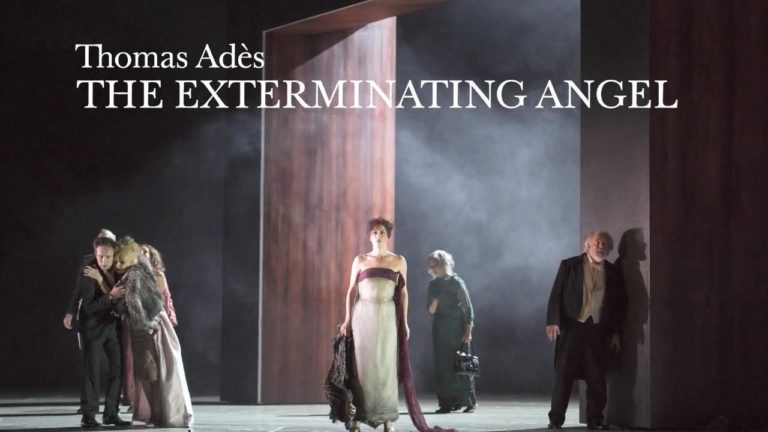Before we begin, you should know that I know almost nothing about classical music. I couldn’t even define what makes something classical music without taking a break from writing and pulling up Google for backup.
What I know is that Verdi’s Four Seasons is an incredible listen while driving through Olympic National Park. That anything played by Yo-Yo Ma makes me forget that my time here is finite, mainly because I forget I have a finite body and the world becomes something ethereal and whispy. And that sometimes, as with any genre of entertainment, Spotify will play something that makes me want to jump out of my skin and run as far away from it as possible. It being the music, not my skin. Necessarily.
I have enough of an affinity, however, that when I saw the headline from The New York Times app “The 25 Best Classical Music Tracks of 2020” I clicked on it. And then added “Listen to the 25 best classical music tracks as selected by the NYT” to my list of things to accomplish in 2021.
Today, I started the process. The first track on the list is “Berceuse from ‘The Exterminating Angel’” composed by Thomas Adès with Kirill Gerstein on the piano. A berceuse, I learned, is a sort of lullaby. “Tonally most berceuses are simple, often merely alternating tonic and dominant harmonies; since the intended effect is to put a baby to sleep, wild chromaticism would be somewhat out of character.” [Thank you, Wikipedia]. I didn’t know any of that before listening to the track. Knowing it makes a difference in understanding what this track put me through, however.
Before reading any further, please go listen to it yourself. What I’m about to write feels like the equivalent of movie spoilers in the world of music. Consider yourself warned.
The track begins with something that felt a bit discordant. A little unsettling. Perhaps because “Exterminating Angel” is a bit ominous for a title, right? Then something happens and I start to trust the music more. Melancholy seeps in and my body starts to relax. My shoulders stop trying to kiss my ears, my teeth stop trying to push through each other. It doesn’t last long.
The next thing I know, I’m being swung around a room from one note to the other, each one yelling “stay awake, stay awake, stay awake!” But there’s a door. I can feel it. The way out. Sometimes the music lets me get close then pulls me back into being alert. But I must make it through the door somehow because I’m in a tentative peacefulness again. I know I shouldn’t trust it; this track has done me wrong already and proven it can’t be trusted. But I can’t help it. I relax, almost to the point of falling asleep. And then Adès chooses to say to hell with what Wikipedia says, you aren’t falling asleep during this berceuse. Did you not read the name of the piece? Far too abruptly, I’m yanked into being wide awake again.
Suddenly, I’m reminded of the nature of life, of not clinging too tightly, of letting go of what came before so that I may be here, right now. Of course, we never know what comes next, regardless of what we think the soundtrack promises us. Or leads us to expect. I had been enjoying the brief reprieve and was a little mad at Adès for a minute. But it wasn’t his fault I fell for the trick. I knew what I was getting into from the start, if only I had trusted that opening. At least I’m wide awake now.
[Image from metopera.com]
